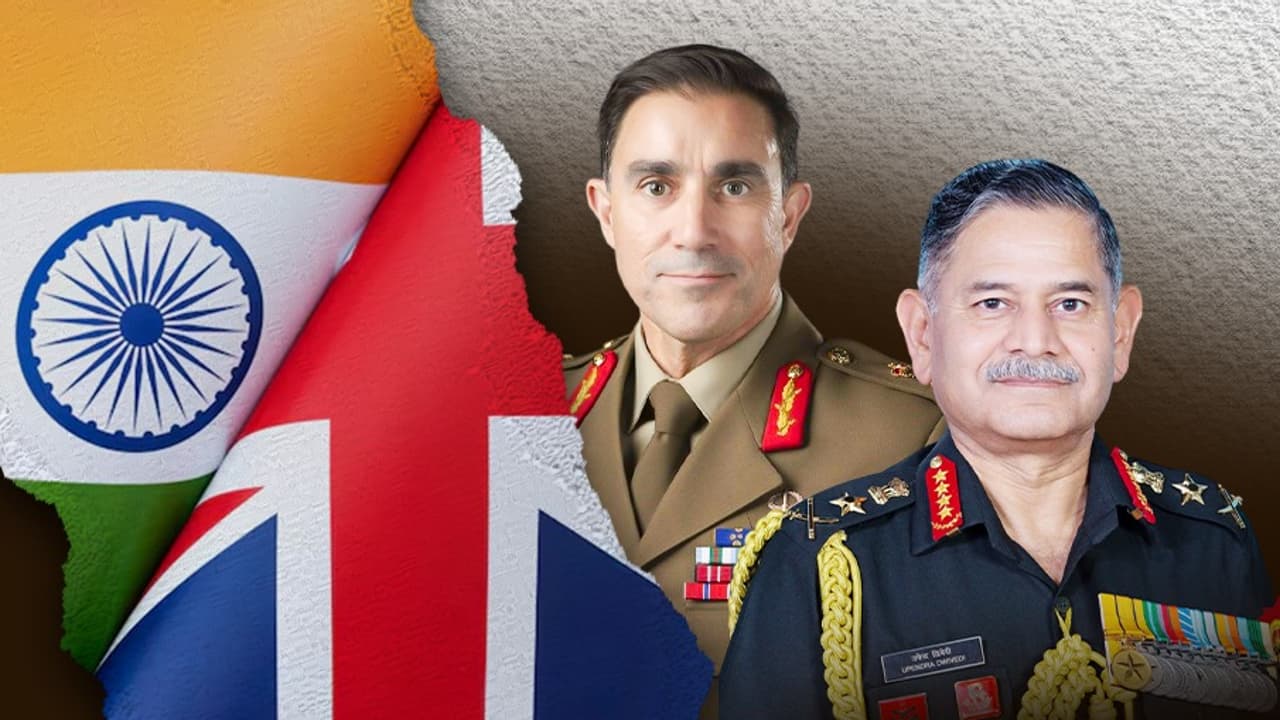The Indian Army is moving to give shape to what has long been an informal tradition: using the friendships formed during shared training to strengthen military ties with other nations.
New Delhi: The Indian Army is moving to give shape to what has long been an informal tradition: using the friendships formed during shared training to strengthen military ties with other nations. Its “Alumni Connect” effort will maintain records of officers who have studied in India or abroad, organise reunions, and encourage joint research and professional exchanges. Officials say the goal is to turn these personal links into a steady asset for defence diplomacy, especially as India seeks a greater role in regional and global security.
Why these bonds matter
When military officers train together early or midway through their careers, they do more than learn tactics and theory. Sharing barracks, meals, and long hours of study helps build familiarity and a bond that can last decades. Over time, the trust deepened through frequent interactions can make discussions between countries more open. It makes room for smoother cooperation in joint operations and helps avoid misunderstandings in tense moments.
There is a proven track record to back this: from Field Marshals KM Cariappa and SHFJ Manekshaw who studied at the Imperial Defence College in the United Kingdom and kept ties with fellow graduates for years, to the present Indian Army chief General Upendra Dwivedi, who trained at the United States Army War College in 2015 alongside Lieutenant General Simon Stuart, now Chief of the Australian Army.
The Indian and Australian Army Chiefs are meeting in India on Sunday. Their bond has added warmth to present-day New Delhi and Canberra’s defence ties.
Examples already at work
For many decades now, India’s premier military schools such as the Indian Military Academy, National Defence College, Defence Services Staff College, and National Defence Academy have hosted officers from friendly foreign countries. Several of these officers have gone on to lead their national forces.
Sri Lanka counts eight senior officers, including current and former chiefs, who trained in India. Nepal has nine, Bangladesh six, Malaysia six, Bhutan two, Nigeria three, and Australia two. Chiefs and top commanders from countries as far apart as France, Namibia, South Korea, and Fiji are also part of this circle.
The exchange, of course, works both ways. Indian officers have trained abroad in friendly nations like France, the United States, and the United Kingdom, and have benefitted from wider strategic perspectives and building enduring ties. These links aren’t in name only. They often resurface in unexpected ways like coordination in United Nations peacekeeping missions to discreet backchannel discussions during regional crises.
From memory to mechanism
In addition to preserving and building on top of these pre-existing relationships, the Indian Army is now looking to use them more systematically. Alongside physical reunions, the service is also considering digital tools such as the “Friends for Life” portal to keep the alumni connect alive long after course photographs fade.
One instance of this is the Indian Army’s research arm, the Centre for Land Warfare Studies (CLAWS), recently renewing a five-year agreement with the Australian Army Research Centre, providing another platform for collaboration.
